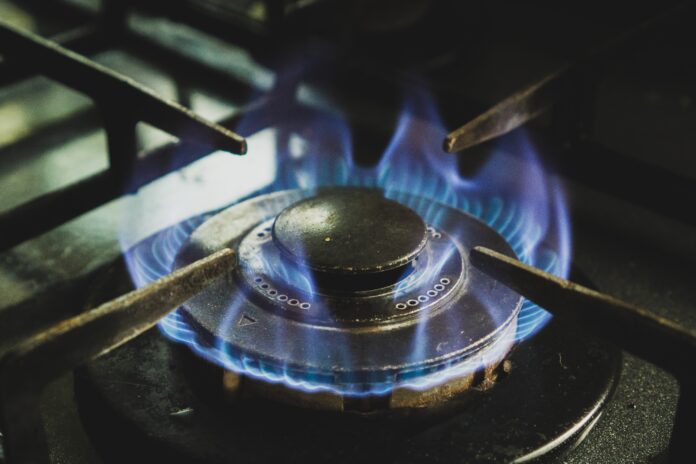From pancakes to pasta, sauces and stews, stoves are an essential appliance that allow us to cook an incredibly wide variety of dishes, but not all stoves are created equal. The question of whether gas or electric is the superior range is a divisive topic, and it’s important to understand the pros and cons of each before deciding which type of cooktop is right for you. If you’re trying to decide between a gas or electric stove but aren’t sure where to start, read on to learn more about some of the key differences to consider.
Heat Source
The main difference between gas and electric stoves is the heat source. Gas stoves use flames created by burning natural gas or propane and offer instant and more precise heat control than their electric counterparts. Electric stoves, on the other hand, rely on electric coils or induction elements that often take longer to heat up and cool down. That said, they typically provide more consistent heat distribution.
Performance
Because gas stoves allow for immediate temperature adjustments, they’re largely favored by professional chefs and in kitchens where cooking includes techniques like searing and sautéing. Electric stoves, especially induction ones, are more energy-efficient and are well-suited for simmering and heating at low temperatures.
Installation & Maintenance
Gas stoves require a connection to a natural gas line or propane tank, which may not be available in all homes. Because gas is flammable, it’s crucial to make sure these stoves undergo regular maintenance to prevent leaks. As electric stoves only need a power outlet to run, they tend to be relatively low-maintenance in comparison.






